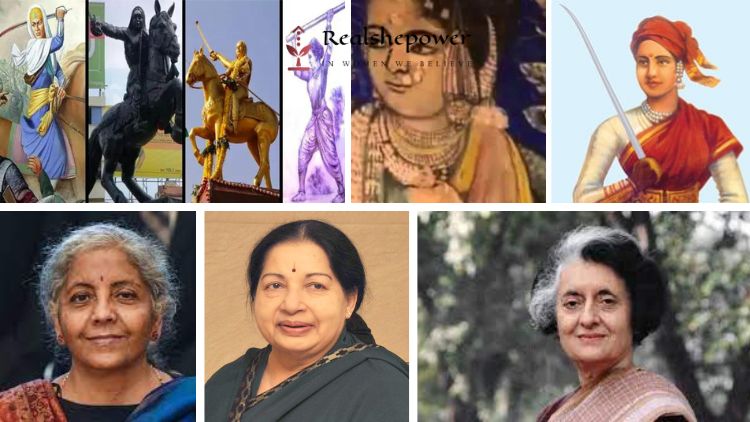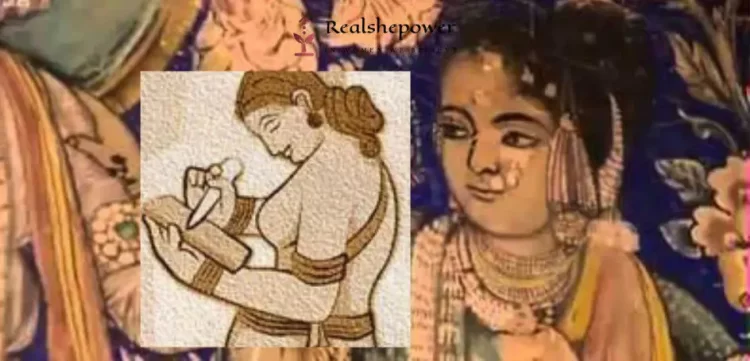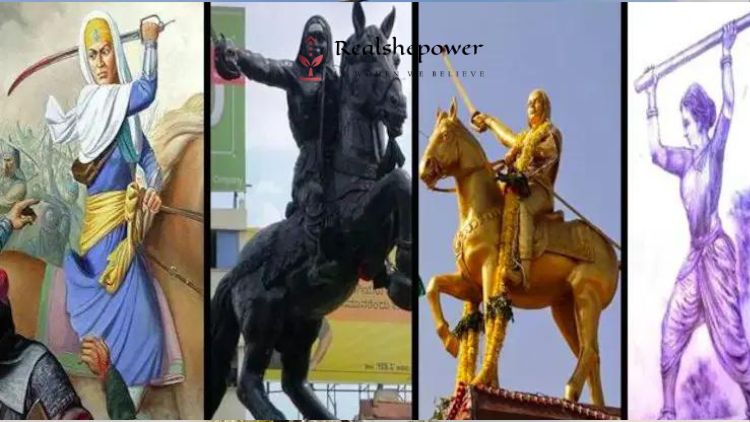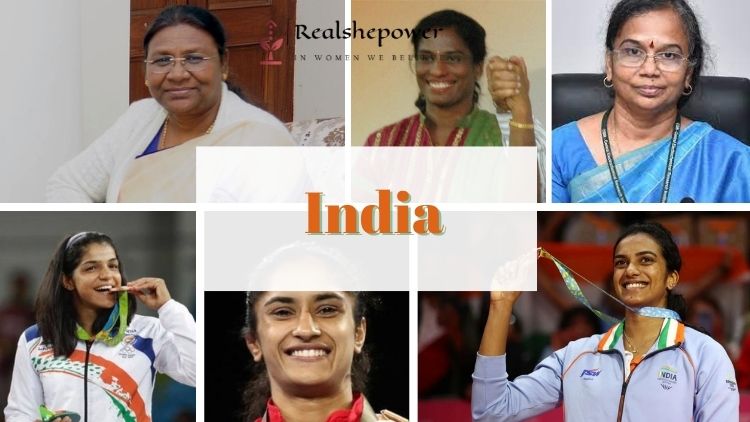Discover the 5000-year Tradition of Democracy in India: The Prominent Role of Women Leaders


India, a land of diverse cultures and traditions, has a rich history of democracy that dates back 5000 years. From the ancient assemblies of the Vedic period to the present-day parliamentary system, India has always placed a premium on the voices and opinions of its citizens. But what is often overlooked in discussions of Indian democracy is the prominent role that women have played throughout its history.
From the early days of the Mahabharata and Ramayana epics to the present-day political landscape, Indian women have been instrumental in shaping the country’s political discourse and direction. From Rani Laxmibai of Jhansi to Indira Gandhi, we take a look at the powerful women leaders who have left their mark in India’s 5000-year-old tradition of democracy.
The earliest written records of Indian democracy can be found in the Vedas, the sacred texts of Hinduism. These texts describe a system of governance known as “sabha,” in which citizens gathered to discuss and make decisions about matters of community importance. These assemblies were open to all members of society, including women.
Read: Indian women scientists and thinkers breaking glass ceiling since 1000BCE

As India evolved and developed, so too did its democratic traditions. During the Maurya and Gupta empires, for example, women were actively involved in local and regional governance, serving as advisors and decision-makers at the village and district levels.
Even during the Mughal period, when India was ruled by foreign invaders, women continued to play a prominent role in politics. The Mughal empresses, such as Nur Jahan and Mumtaz Mahal, wielded significant influence over their husbands and the empire as a whole.
One of the most notable examples of a powerful female leader in the history of India is Rani Laxmibai of Jhansi. She was a Hindu queen who fought against the British during the 1857 India’s First War of Independence and is remembered for her bravery and leadership skills. She was also a symbol of resistance for Indian independence movement.
Another notable leader was Rani Velu Nachiyar, an 18th century queen who led her army against the British and their allies in the Polygar Wars. She was the first queen to use the guerrilla tactics against the British and was successful in reclaiming her kingdom.
In the modern era, we have seen several women leaders like Indira Gandhi, who served as the Prime Minister of India from 1966 to 1977 and again from 1980 until her assassination in 1984. She was the world’s first female head of government and was known for her strong leadership and determination.
Read: 7 Women Warriors of India’s Freedom Struggle that you Should Know Abou

Another significant female leader was Jayalalithaa Jayaram, who served as the Chief Minister of the Indian state of Tamil Nadu for over 14 years. She was the first woman to hold the office and was a powerful political figure in the state.
In recent years, women leaders like Mamata Banerjee, who currently serves as the Chief Minister of West Bengal and Nirmala Sitharaman, who is India’s Finance Minister, have also emerged as powerful voices in Indian politics.
These examples demonstrate that throughout India’s 5000-year history of democracy, women have always been a vital part of the country’s political discourse and have played a prominent role in shaping its direction. Despite facing obstacles and biases, women in India have always risen to leadership positions and have played an important role in the country’s struggle for independence and progress.
Read: Women Breaking Barriers and Making History in India

You can now write for RSP Magazine and be a part of the community. Share your stories and opinions with us here.
